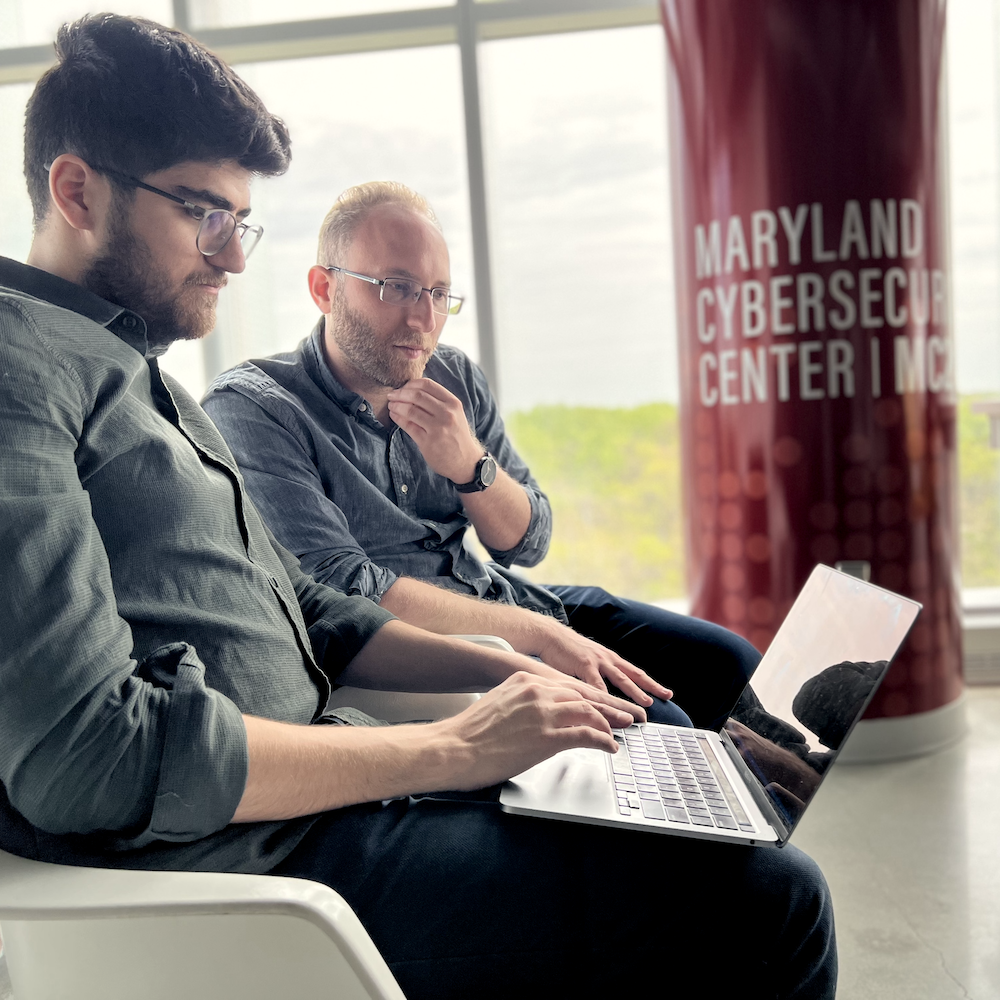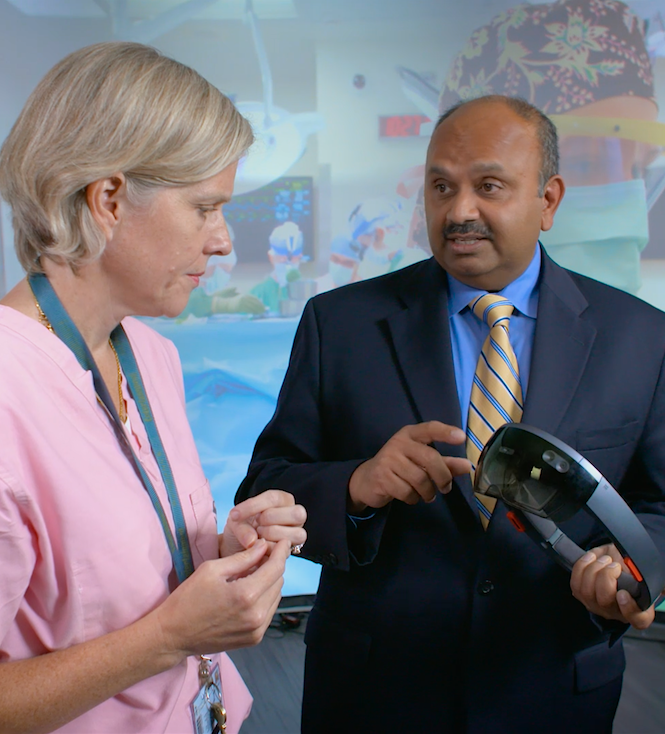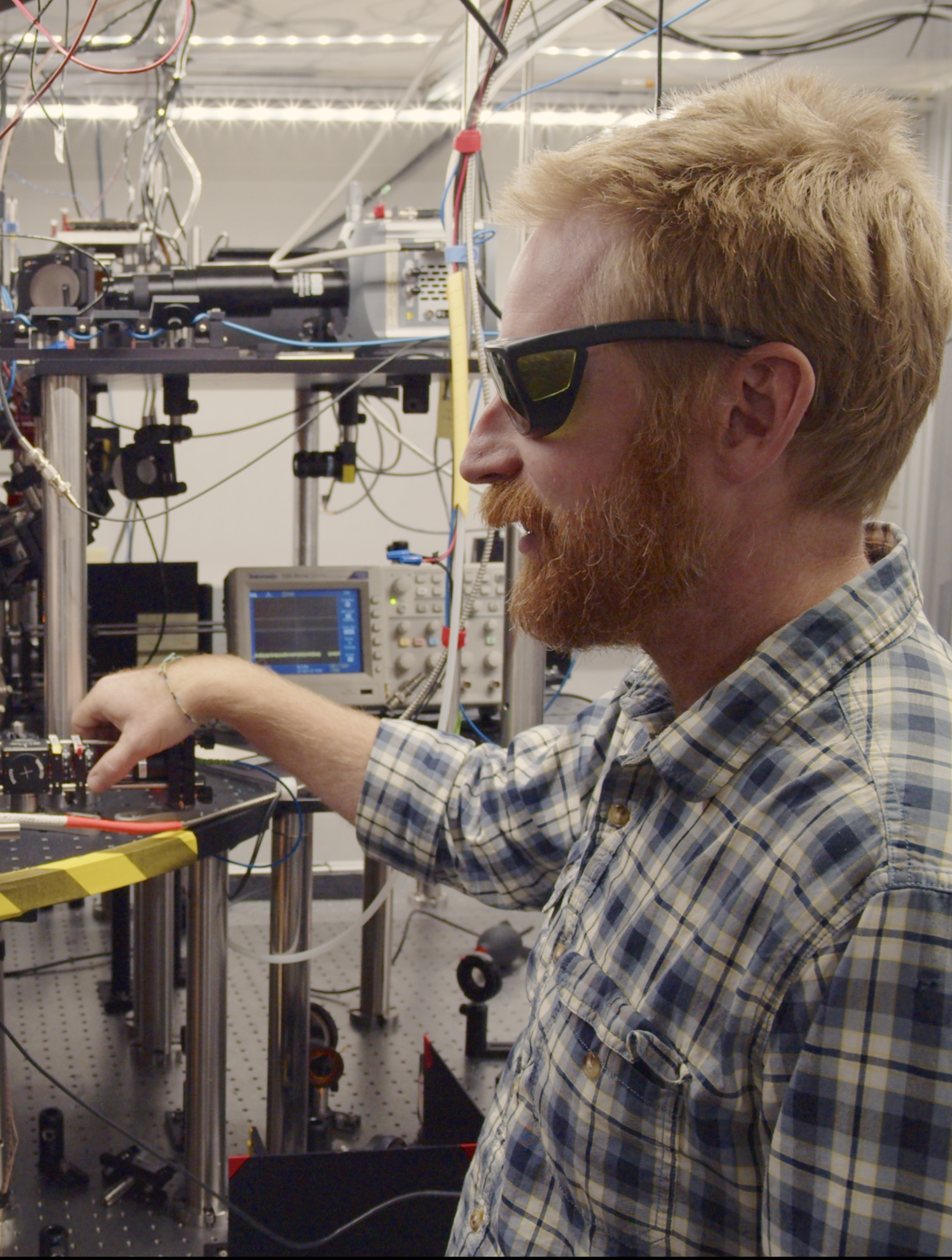
Centers & Labs
Our Major Centers
At the heart of our research enterprise, the major centers we support advance interdisciplinary science and scholarship that will have a positive impact on society. Several of these centers involve cross-institutional participation from federal agencies or other academic institutions. For more information on how to join a UMIACS center or lab, read the policies page.

Maryland Cybersecurity Center
The Maryland Cybersecurity Center (MC2) is a unique, multidisciplinary research and education powerhouse focused on theoretical and applied cryptography, data-driven security, human-computer interaction and security, network and wireless security, machine learning and security, blockchain and cryptocurrency security, and programming languages security.
University of Maryland Center for Machine Learning
The University of Maryland Center for Machine Learning is a multidisciplinary center that uses powerful computing tools to address challenges in big data, computer vision, health care, financial transactions and more.
Center for Bioinformatics and Computational Biology
The University of Maryland Center for Bioinformatics and Computational Biology (CBCB) is a multidisciplinary center dedicated to research on questions arising from the genome revolution. CBCB brings together scientists and engineers from many fields, including computer science, molecular biology, genomics, genetics, mathematics, statistics and physics, all of whom share a common interest in gaining a better understanding of how life works.
Maryland Blended Reality Center
The Maryland Blended Reality Center (MBRC) is a multidisciplinary partnership that joins computing experts at the University of Maryland with medical professionals at the University of Maryland, Baltimore. The center’s mission is to advance visual computing tools—many of them based in immersive technologies like virtual, augmented and mixed reality—that can be used for emergency medicine, health care and innovative educational and training modules.

Center for Medical Innovations in Extended Reality
At the Center for Medical Innovations in Extended Reality (MIXR), researchers are transforming development and use of cutting-edge extended reality (XR) technologies through high-impact research that meets shared industry, government and healthcare needs.
Joint Center for Quantum Information and Computer Science
The Joint Center for Quantum Information and Computer Science (QuICS) is a partnership between the University of Maryland and the National Institute of Standards and Technology that advances research and education in quantum computer science and quantum information theory.

NSF Quantum Leap Challenge Institute for Robust Quantum Simulation
Combining expertise in computer science, engineering and physics, the NSF Quantum Leap Challenge Institute for Robust Quantum Simulation addresses the grand challenge of robustly simulating classically intractable quantum systems. Supported by the National Science Foundation (NSF), the institute is a partnership between the University of Maryland, Princeton University, Duke University and North Carolina State University.
Center for Automation Research
The Center for Automation Research (CfAR) at the University of Maryland is a leader in research and education involving computer vision, computer visualization, perceptual interfaces, and language and media processing.

Institute for Trustworthy AI in Law & Society
The Institute for Trustworthy AI in Law & Society (TRAILS) is a partnership between the University of Maryland, George Washington University, Morgan State University and Cornell University. Funded by the National Science Foundation and the National Institute of Standards and Technology, the institute is focused on transforming the practice of AI from one driven primarily by technological innovation to one that is driven by ethics, human rights, and input and feedback from communities whose voices have previously been marginalized.
University of Maryland Center of Excellence in Microbiome Sciences
The University of Maryland Center of Excellence in Microbiome Sciences joins faculty, postdoctoral scholars and graduate students from across campus in pursuit of a deeper understanding of complex microbial communities, and how those microbiomes interact with each other and with our ecosystem.
Major Labs
In addition to individual faculty labs, we support two multidisciplinary labs that join faculty and graduate students from multiple academic units across campus.

Computational Linguistics and Information Processing Lab
The Computational Linguistics and Information Processing (CLIP) Laboratory is engaged in designing algorithms and methods that allow computers to effectively and efficiently perform human language-related tasks, as well as using computational methods to improve our scientific understanding of the human capacity for language, and explore heterogeneous datasets at scale.
Human-Computer Interaction Lab
The Human-Computer Interaction Lab (HCIL) has a long, rich history of transforming the experience people have with new technologies. From understanding user needs, to developing and evaluating those technologies, the lab’s faculty, staff and students have been leading the way in HCI research and teaching.
Research Partners
We also partner with several independent research centers and labs on scientific areas of interest, education and outreach, and industrial collaborations.
Laboratory for Telecommunication Sciences
At the intersection of academia and government, the Laboratory for Telecommunication Sciences (LTS) conducts both classified and unclassified networking and computing research, exploring the implications of new communications domains. LTS researchers work at the cutting-edge of technology, enhancing the National Security Agency's mission.
National Socio-Environmental Synthesis Center
The National Socio-Environmental Synthesis Center (SESYNC), brings together the science of the natural world with the science of human behavior and decision making to solve complex environmental problems and social problems facing our world.